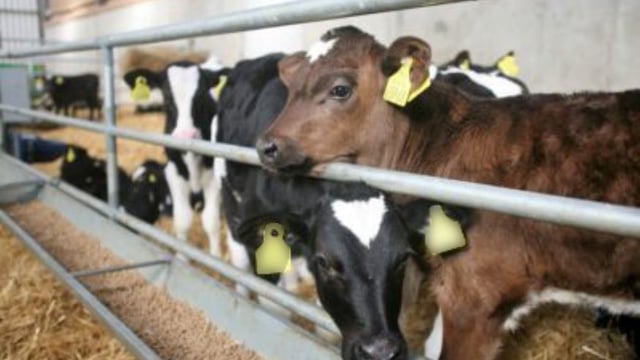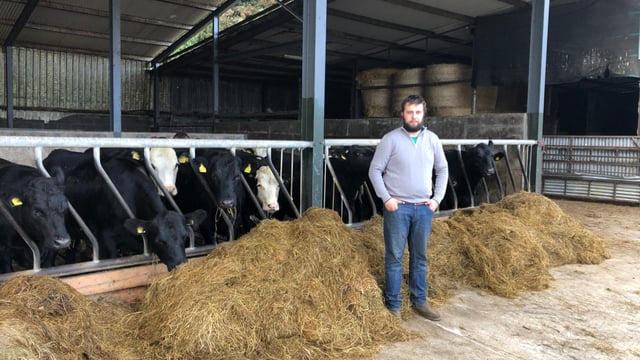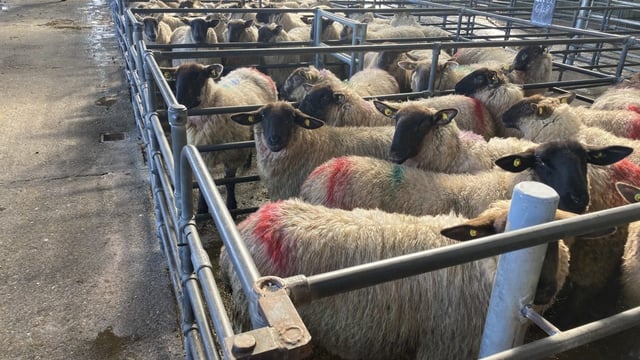New nitrates rules to be agreed before April ahead of assessment
Recommendations from the Nitrates Expert Group (NEG) on tighter nitrate restrictions are set to be agreed before April, before being put to an environmental assessment prior to implementation.
The proposed tightening of rules is part of an effort to retain the nitrates derogation as part of the next Nitrates Action Programme (NAP) - Ireland's sixth NAP under the EU nitrates directive.
The proposed new rules were published last year before being put to public consultation later in 2024.
The minutes of a recent meeting of the NEG said that, following Ireland's application for a renewal of the nitrates derogation, the European Commission indicated that further information would be required in addition to demonstrating an improvement or stabilisation in water quality.
The commission stipulated that Ireland must outline the proposed approach for developing the measures for the next derogation, the NEG meeting heard.
Recommendations on new measures to improve or stabilise water quality are required by the end of February at the latest, the NEG meeting minutes said.
The NEG recommendations to the government must be finalised by the end of March to allow sufficient time for an appropriate assessment and strategic environmental assessment (SEA) process, and a two-month public consultation, before they can be implemented on the ground.
An SEA is defined as a process for evaluating the environmental implications of a proposed policy, plan or programme. An appropriate assessment takes account of the potential adverse effects of a plan or project on Natura 2000 sites.
The recommendations would be implemented as new Good Agricultural Practices (GAP) for the protection of water quality.
The nitrates derogation, which allows around 7,000 farmers to farm at higher stocking rates, above 170kg of livestock manure nitrogen (N) per hectare, up to 220kgN/ha, is currently due to expire at the start of 2026.
The derogation limit was reduced from 250kgN/ha for 2024.
A public consultation on the draft additional measures was launched in November.
The potential new measures and rules that may be recommended include:
- Reduction in maximum stocking rate to 220kgN/ha;
- Reduction in reliance on chemical fertiliser;
- Reporting of organic nutrient movements;
- Mitigating manure overstocking on certain land areas;
- New nutrient excretion rates for young bovines;
- Managing crude protein in concentrates fed to dairy cows;
- Reducing concentrate feed during the grazing season.











